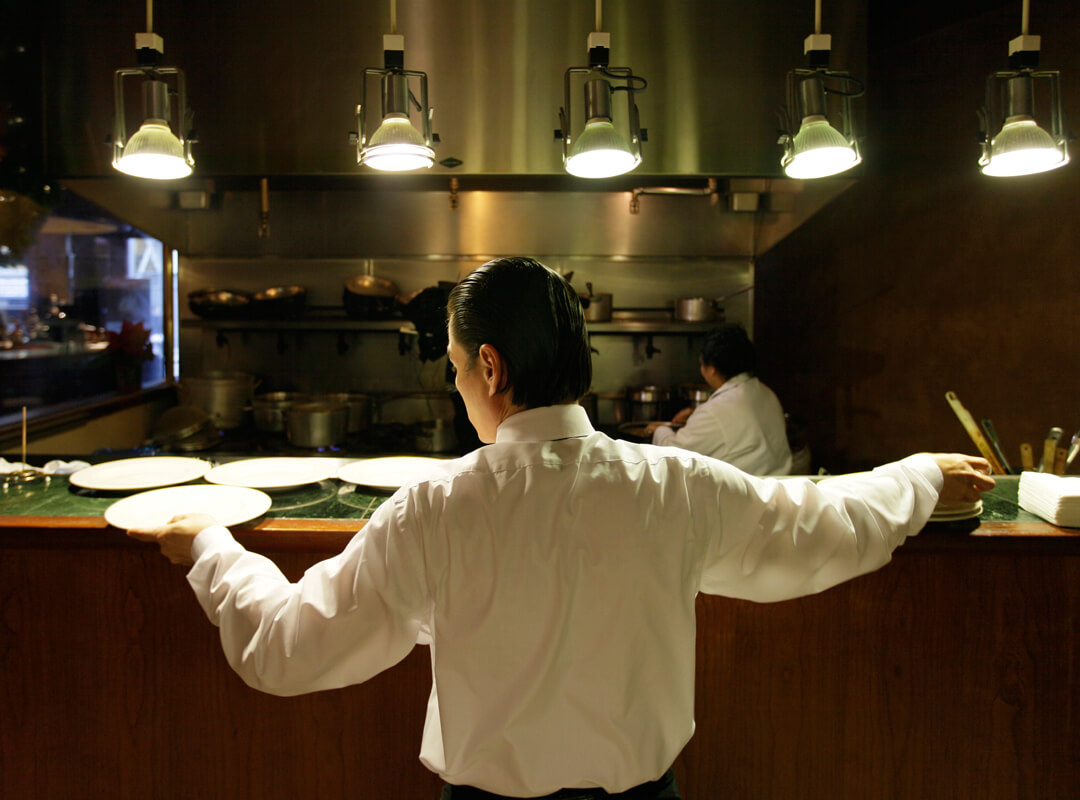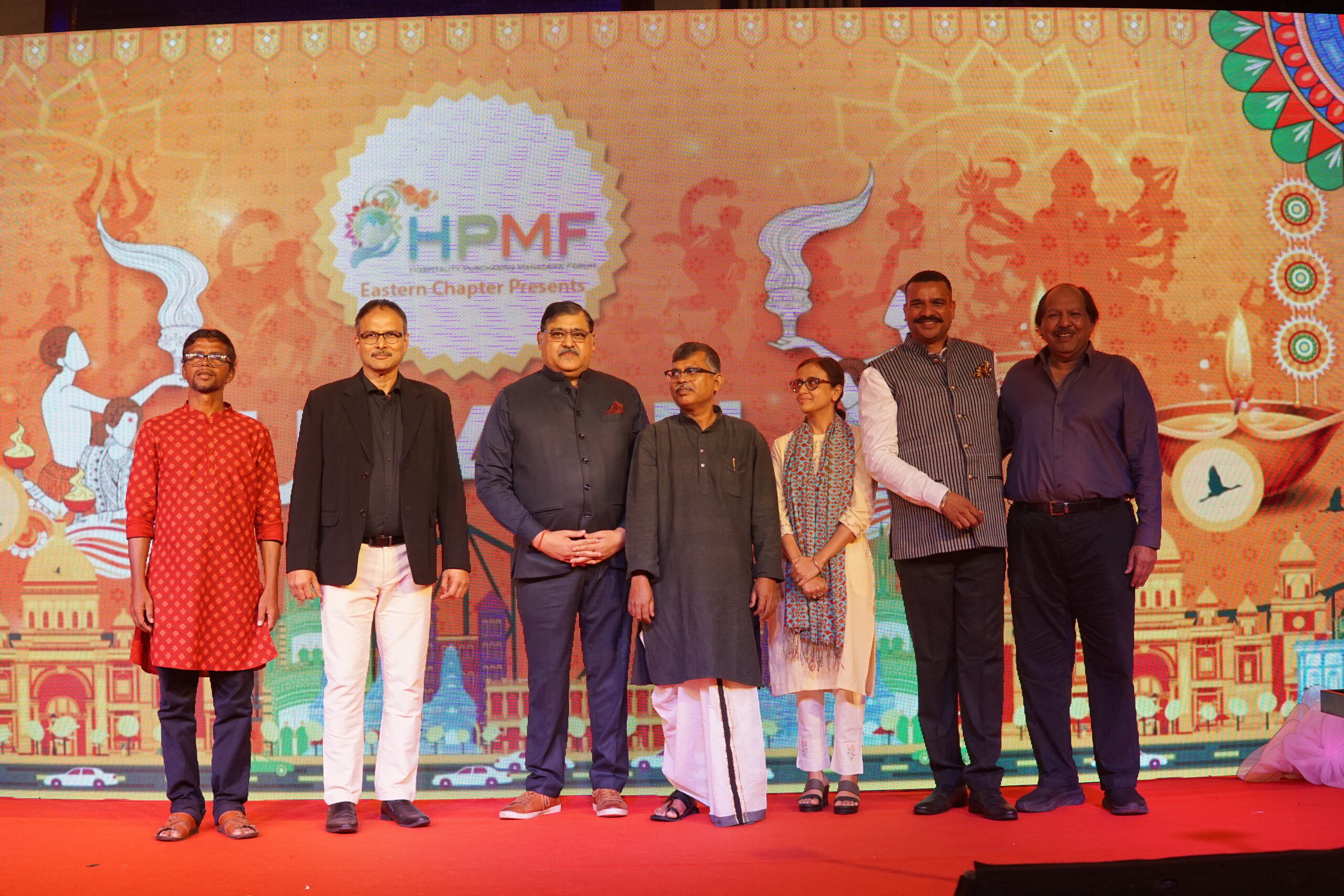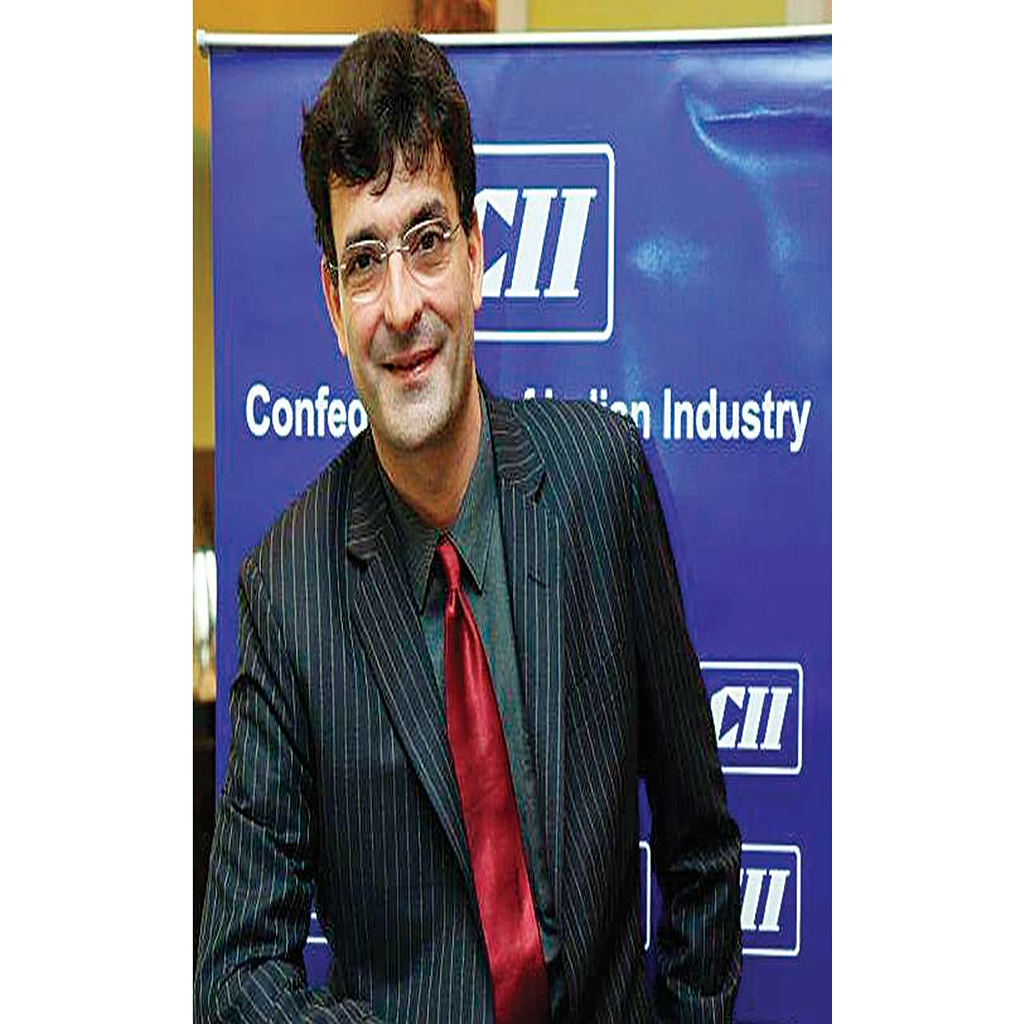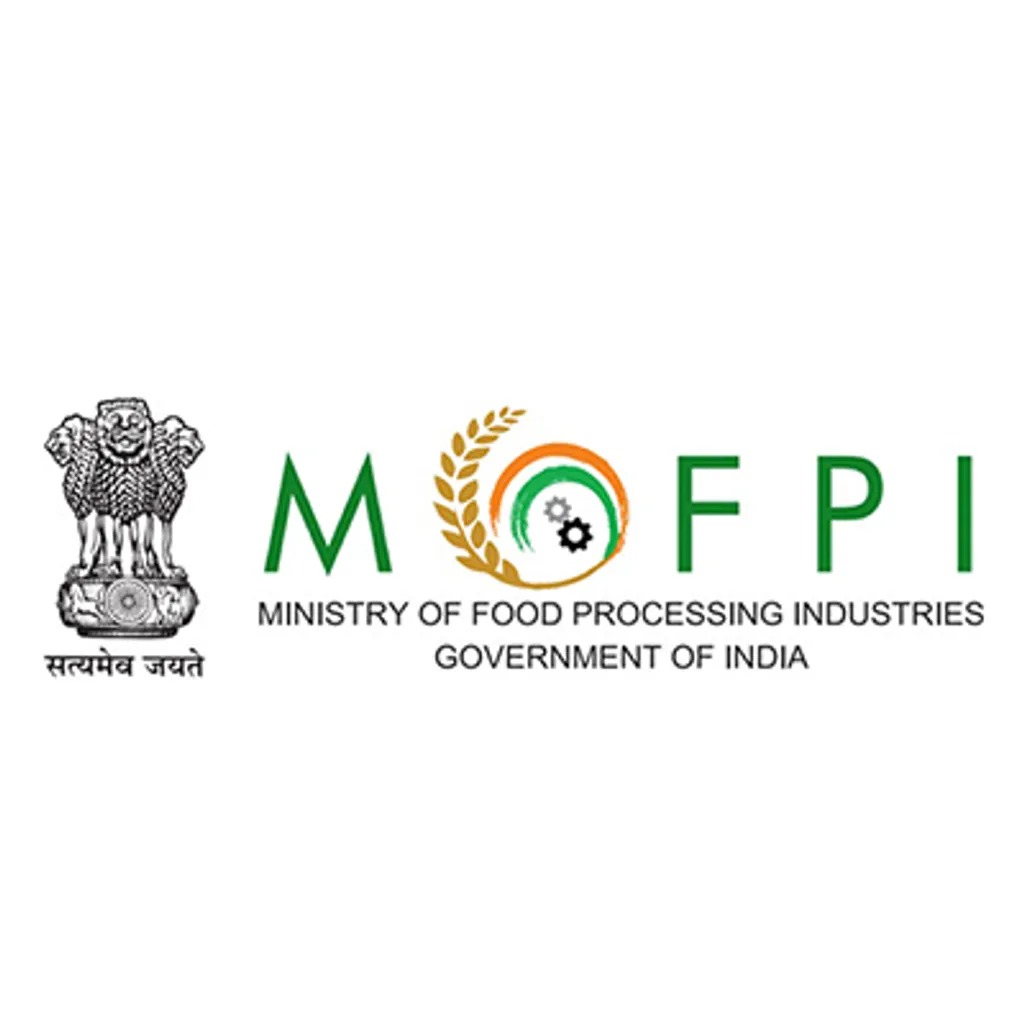
Inflation is the most important discussion of every industry right now, and with good reason. For the hospitality and F&B industry, which was just witnessing a rebound from the blows of the pandemic, the current environment of inflation has again rung the bells of gloom. In a time of inflation and recession, food and beverage or eating out is the first thing that consumers cut back on as part of their spending. Asmita Mukherjee spoke with F&B industry leaders to gauge the response preparedness of the industry to the looming inflation.
Rising inflation across the globe is causing serious concerns in India. With the price hike of essential commodities, the country’s retail inflation moved higher to 7 per cent in August. According to reports, US restaurant operators reported a net decline in customer traffic for the third consecutive month. Buying essential items has become more difficult for consumers and since F&B is an optional commodity and often judged as a luxury, people will cut it back from their expense list as soon as the inflation elevates.
 While speaking about the looming inflation and recessions on the cards, Vikrant Batra, Co-founder, Dhansoo Café, Delhi & Gurgaon said, “Several opinions are swirling around regarding a potential economic recession. While no one truly has the answers, many restaurants find themselves bracing for the worst after what feels like an unbearable couple of years. On top of recession rumours, the restaurant industry currently faces challenging post-pandemic conundrums such as labour shortage and inflation.”
While speaking about the looming inflation and recessions on the cards, Vikrant Batra, Co-founder, Dhansoo Café, Delhi & Gurgaon said, “Several opinions are swirling around regarding a potential economic recession. While no one truly has the answers, many restaurants find themselves bracing for the worst after what feels like an unbearable couple of years. On top of recession rumours, the restaurant industry currently faces challenging post-pandemic conundrums such as labour shortage and inflation.”
 According to Debaditya Chaudhury, Managing Director, Chowman Hospitality Pvt. Ltd., the recession is yet to come to India. However, he said that the industry has been facing several challenges in recent times, “We faced a lot of difficulties economically in the last few years, and the advent of a recession might not be unprecedented. One of the foremost difficulties that we witnessed in the last recession of 2020 that happened as an effect of Covid –19 was the direct impact on the supply chain. In the next few years, procurement and logistics will remain a major challenge with the looming recession. It would be difficult for the restaurant industry to maintain profit margins with rising prices.”
According to Debaditya Chaudhury, Managing Director, Chowman Hospitality Pvt. Ltd., the recession is yet to come to India. However, he said that the industry has been facing several challenges in recent times, “We faced a lot of difficulties economically in the last few years, and the advent of a recession might not be unprecedented. One of the foremost difficulties that we witnessed in the last recession of 2020 that happened as an effect of Covid –19 was the direct impact on the supply chain. In the next few years, procurement and logistics will remain a major challenge with the looming recession. It would be difficult for the restaurant industry to maintain profit margins with rising prices.”
Challenges emerging in the market
According to Batra, a combination of macroeconomic factors—including COVID-19 shocks, trade policy shifts, workforce scarcity, energy transition, and even extreme weather events—have upended long-running trends that have benefited the global economy for several decades. He opined that the war between Russia and Ukraine has lit the fire of inflation by saying, “The Russian invasion of Ukraine has caused the greatest humanitarian crisis in Europe since the Second World War and further disrupted long-standing economic relationships.
The inflationary surge and frequent scarcity of critical supplies have made shortcomings of the traditional operating model increasingly visible and costly. These shortcomings include a lack of reliable long-term planning, the growing concentration of supply, limited insight into supplier economics, lack of collaboration across functional teams, and a failure to adopt and scale proven technologies that could reduce transactional loads. And the war in Ukraine has brought to the fore a host of noneconomic factors that must now be considered in sourcing decisions.” He further added, “Menu prices are not climbing at the same rate as inflation, while the food costs are pacing ahead. As a result, the margins for restaurants are slowing down.”
Chaudhury opined that the price hike in raw materials as well as the increasing fuel price naturally affected the profit margin, thereby causing a blow to their revenues as well.
Chaudhury also stated that the property rentals have gone high like nothing before. He said, “Mostly in Bangalore and Delhi the rentals are way higher than what I had expected. Adopting the emerging restaurant technologies, and implementing them in our restaurant operations have all helped in combating the spiralling cost.” However, Chaudhury is confident that due to the ongoing festive season in India, the F&B industry will be back in shape soon. He said, “We have been fortunate to witness good business across all our outlets in Kolkata, Bangalore, Delhi and Noida.”
 Counterstrategies to keep the lights on
Counterstrategies to keep the lights on
While controlling inflation is beyond the scope of restaurateurs, some strategies can be adopted which can aid the industry to successfully counter the wave of recession. Stating some best practices, Batra informed, “Innovation will go a long way in finding a solution to this. Using seasonal ingredients or curating special events is a way to keep the costs at a minimum and at the same time attract more guests to come and dine. Seasonal ingredients offer an array of benefits: price break and more flavour.
Since people are going out less often, creating a special event to lure them in for a limited experience is a great idea. Special occasions could include specific themes, limited menus, one-time cocktails etc. That way, the dining experience becomes a special event. It will memorably engage your guests. ”
Sharing his thoughts, Chaudhury pointed out a few strategies that can work well to counter a long-term recession and inflation. According to him, conducting a menu audit and cutting down on food costs is a very important aspect. If a restaurateur can do a proper menu audit analysing items which are less time-consuming and impose lesser food costs, it can be very beneficial. This can be followed by curating a concise menu. The second one is focusing on deliveries and cloud kitchens rather than dine-ins. The second strategy had proved its mettle during the lockdowns when dine-ins drastically declined, but the restaurateurs could cope because of cloud kitchen deliveries. Chaudhury also vouched for gig workers in the F & B industry. He said that employing part-timers not only saved them a huge cost but also accelerated smoother operations. He pointed out that proper staff training is the most important thing in this industry. “If one can efficiently train their staff, then it won’t be necessary to employ much staff for the time being. Strategizing smart work can further enhance the operation module,” he added.
In times of ruthless inflation, the cost is usually passed on to the consumer. Though many restaurateurs opined that this would be the last option for them to be able to survive in the market, as increasing price costs a blow to any F&B business, it is a strategy that every restaurateur has at the back of their minds.
Choudhary said that they are not yet thinking of raising the price but in the future, they might consider increasing, if the situation spirals out of control. “Our agenda is to democratise fine dine-in and increasing the price points doesn’t cater to that motto. However, if the hike goes up, we too will have to increase the price but only to an extent,” he said.
asmita.mukherjee@saffronsynergies.in
asmitamukherjeehbiz@gmail.com







